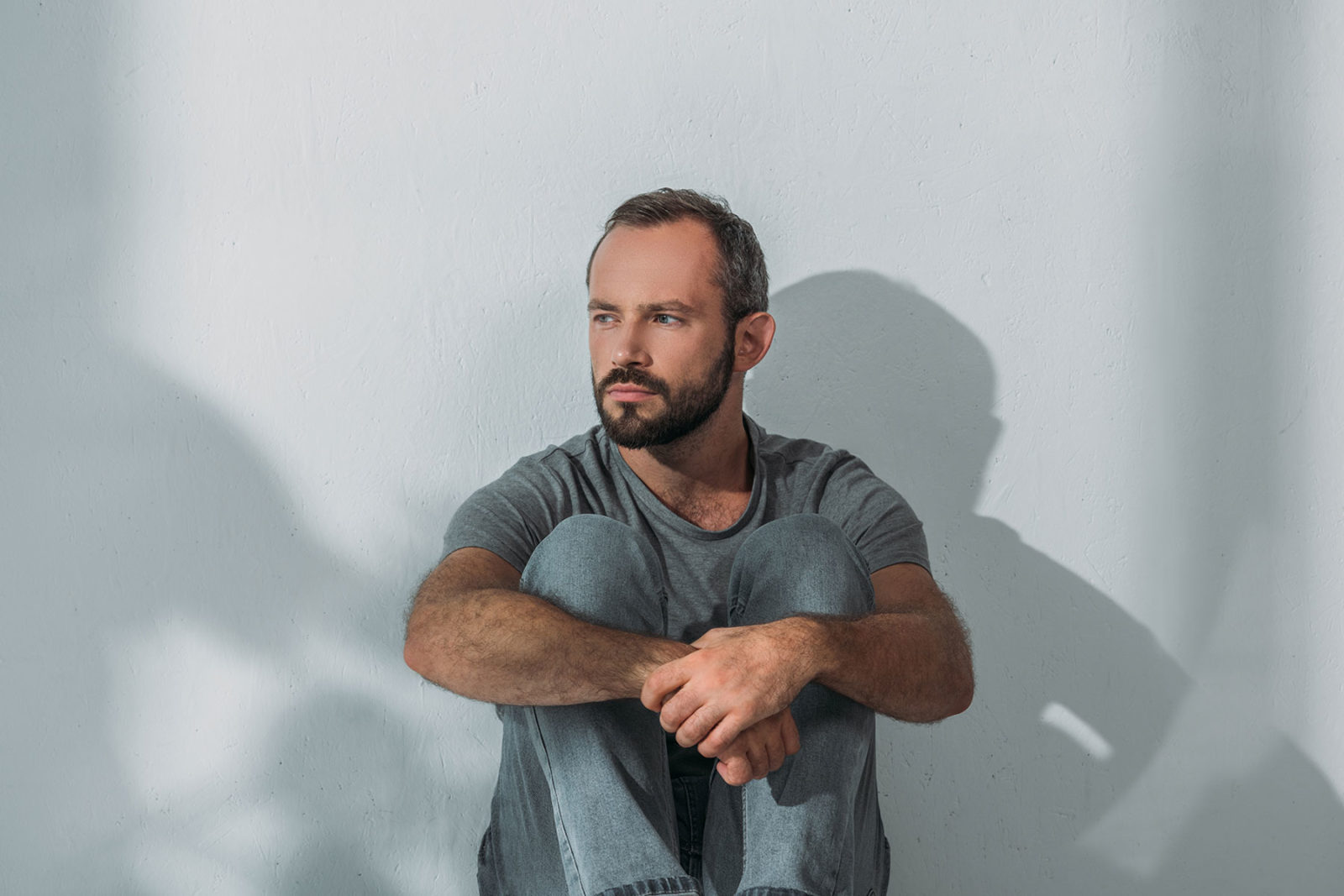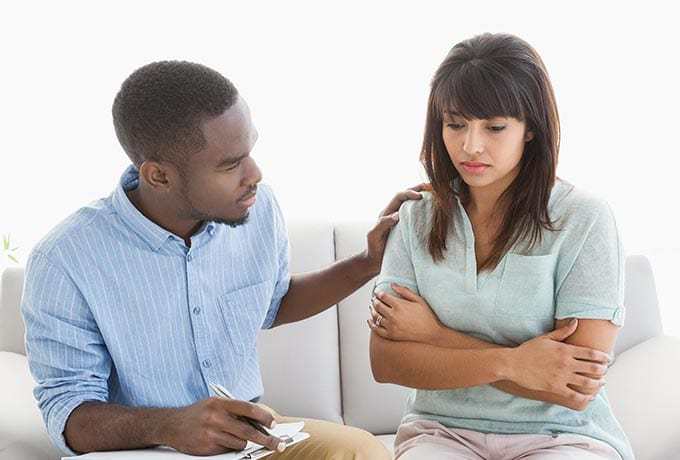How to break negative thought loops
We all worry at times, but what should you do when your thoughts spiral out of control into a negative thought loop?
Read moreDomestic violence is when one person in a relationship hurts the other person. The violence and abuse can be physical, verbal, sexual, social, economic, spiritual and psychological. Understand what the signs of domestic violence are.

Domestic violence is when one person in a relationship hurts the other person. The violence and abuse can be physical, verbal, sexual, social, economic, spiritual and psychological.
Violence and abuse can take many forms.
Examples of domestic violence:
Sometimes the violence and abuse may be obvious, other times less so.
You can ask yourself these questions:
There isn’t a typical experience – violence in relationships can have many different types of abusive behaviour.
If you are experiencing domestic violence, there are a range of emotions you might be feeling including helplessness, shame, guilt, and despair. Domestic violence is never acceptable, and it’s not OK for someone to hurt you. If you are being abused, you can reach out for help.
Let someone know what is going on – you can confide in someone you trust and tell them about your situation. Talking about it can help reduce your feelings of isolation and helplessness. The person can be a friend, family member or be a specialist such as a counsellor. Whoever the person is, it needs to be someone who will listen to you carefully as you work out how to manage the situation.
Report it – you can talk to someone in authority (GP, lawyer, police) who will help you to take the next step. If you are in danger, call 000.
Develop a safety plan – this plan is a course of action you will take if you think there is an imminent risk of violence or harm. Things that can go into your plan can include: Where will I go that is safe? How will I leave the house? Who needs to know I have activated the plan?
If you or someone you know is experiencing domestic violence, there are organisations who can help.
If you are worried about someone, and need someone to talk to, call the Suicide Call Back Service on 1300 659 467 to speak to a counsellor.
If it is an emergency, please call 000.
We all worry at times, but what should you do when your thoughts spiral out of control into a negative thought loop?
Read more
A Crisis Assessment and Treatment Team (CATT) is a multi-disciplinary team that includes mental health nurses, social workers, clinical psychologists, and psychiatrists. CATTs are often based at a major hospital and provide help during a mental health crisis.
Read more
A suicide safety plan can help to keep you safe when you are low and feeling suicidal. Your safety plan will remind you of reasons to live and connect you with the people and services who can help during tough times.
Read more
Feeling suicidal can be an overwhelming and painful experience, but it is not something you have to bear alone. Asking for help is an important step towards getting the professional support you need.
Read more